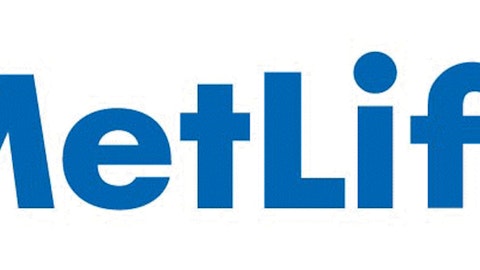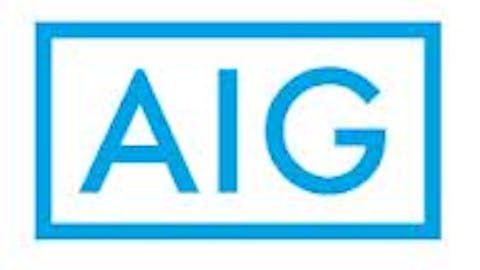The company won in February both FED’s and FDIC’s approval to de-register as a bank holding company after selling deposits to General Electric. Analysts consider that this will propel the company to resume share buybacks or raise dividends. Although it would no longer be under the orbit of the FED, it could eventually be named a systemically important financial institution (SIFI), posing a regulatory uncertainty to the company. As a weakness one could point out the concentration of its investment portfolio in corporate debt, MBSs and real estate loans, securities subject to rating changes that could result in write-downs.
has had a leading position in variable annuities, which caused it to be overexposed to equity market downturns and to lose $2.75 billion in 2008. The company took a $3.4 billion of federal bailout money, under the TARP program. Because of pressures of hedge fund manager and shareholder John Paulson, the company sold its individual life business to Prudential Financial and its retirement plans business to Massachusetts Mutual Life Insurance. The company’s strategy is to focus now on its property/casualty, group benefits, and mutual funds businesses.
One of its main strengths is its partnership with AARP (formerly, American Association of Retired Persons), which provides for a customer base. The company has also been expanding its base of producers, and plans to continue doing so. On the other hand, its main weakness is its high level of leverage. In order to repay the Treasury for the TARP investment, Hartford raised equity and more debt. A threat to the company is an unforeseen asbestos claims increase, which are difficult to quantify and predict.
Bottom Line
Investing in companies like AIG or Metlife Inc (NYSE:MET), whose efforts in purging their balance sheets and shifting their focus to core businesses appear to be fruitful, would be a wise move if no major restraints are expected from regulators, given that these companies will probably be considered too-big-to-fail or SIFIs.
Hartford Financial Services Group Inc (NYSE:HIG), on the other hand, increased its leverage and still hasn’t shown a strategic shift in its risky variable annuity businesses. One could wait for its sales channels to be fully settled and generating visible changes in the bottom line and product mix to enter a position in the stock.
Vanina Egea has no position in any stocks mentioned. The Motley Fool recommends American International Group. The Motley Fool owns shares of American International Group and has the following options: Long Jan 2014 $25 Calls on American International Group. Vanina is a member of The Motley Fool Blog Network — entries represent the personal opinion of the blogger and are not formally edited.
The article Insurance Business: Driven by Economic Growth originally appeared on Fool.com is written by Vanina Egea.
Copyright © 1995 – 2013 The Motley Fool, LLC. All rights reserved. The Motley Fool has a disclosure policy.


